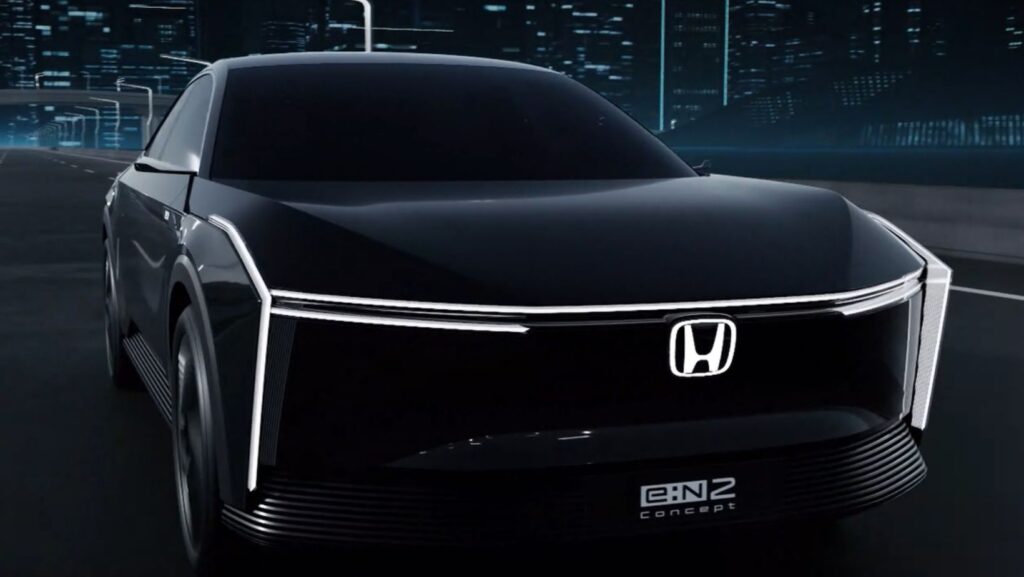As the global automotive scene embraces the era of electric vehicles (EVs), Honda, a venerable presence in the industry, has wholeheartedly adopted this eco-conscious transition, introducing its lineup of electric cars. As an ardent user, I am enthusiastic about recounting my unfiltered encounters with a Honda EV. Within the confines of this article, I endeavor to provide a thorough assessment of the merits and demerits associated with owning and operating a Honda EV. Through this narrative, I hope to illuminate the distinctive path of joining Honda’s electrifying revolution
Read more.. Exploring the All-New Electric XUV300: A First-Hand Review
Environmental Sustainability: The primary advantage of owning a Honda EV lies in its contribution to a greener planet. With zero tailpipe emissions, these vehicles represent a significant stride in reducing our carbon footprint and mitigating air pollution.
Silent and Smooth Ride: The experience of driving an EV is remarkably tranquil. The absence of a traditional internal combustion engine results in an incredibly hushed and vibration-free ride.
Instant Torque: EVs are renowned for their immediate torque delivery. The acceleration in a Honda EV is swift and responsive, delivering a spirited driving experience, especially in urban traffic.
Economical Operation: Electricity tends to be more cost-effective than gasoline, and EVs are exceptionally efficient. Charging at home can yield substantial savings compared to frequent visits to the gas station.
Minimal Maintenance: With fewer moving parts than conventional vehicles, EVs require less maintenance. There are no oil changes, and regenerative braking helps extend the lifespan of brake pads.
The Downsides
Limited Range: Despite improvements in recent models, some Honda EVs may still offer a limited driving range on a single charge when compared to their gasoline counterparts. This can be a concern for those who frequently undertake long-distance journeys.
Charging Infrastructure: While charging infrastructure is expanding, it may not yet match the ubiquity of gas stations. Depending on your location, careful route planning may be necessary to ensure access to charging points.
Upfront Costs: EVs often come with a higher initial price tag, primarily due to the cost of the battery. However, government incentives and long-term savings on fuel and maintenance can offset this upfront expense.
Charging Time: Although charging technology is advancing, recharging an EV still takes longer than refilling a gas tank. While fast-charging stations are becoming more common, extended charging times can be a concern during lengthy trips.
Limited Model Variety: Honda’s foray into the EV market, while promising, may not offer the extensive model selection found in their gasoline lineup. Buyers might encounter limited options based on their preferences.
Read more.. The Fate of Transportation: Electric Vehicles and Independent Frameworks
In Conclusion
As a proud Honda EV owner, my experience has been predominantly positive. The transition to an electric vehicle aligns with my commitment to environmental sustainability and has introduced me to a fresh and enjoyable driving experience. The serene rides, instant torque, and reduced operating costs are compelling reasons to consider an EV.
Nevertheless, it is imperative to acknowledge the constraints, including range limitations and the evolving charging infrastructure. These factors may influence your decision, especially if you frequently embark on extended journeys.
In the grander scheme of things, Honda’s venture into the electric vehicle arena represents a significant step toward a greener future. I eagerly anticipate witnessing further advancements in EV technology and infrastructure. If you’re contemplating joining the electric revolution, conducting thorough research and test-driving a Honda EV can empower you to make an informed decision that resonates with your priorities and values.”
Read more.. The Future of Mobility: Exploring India’s Top Electric Vehicle Companies

